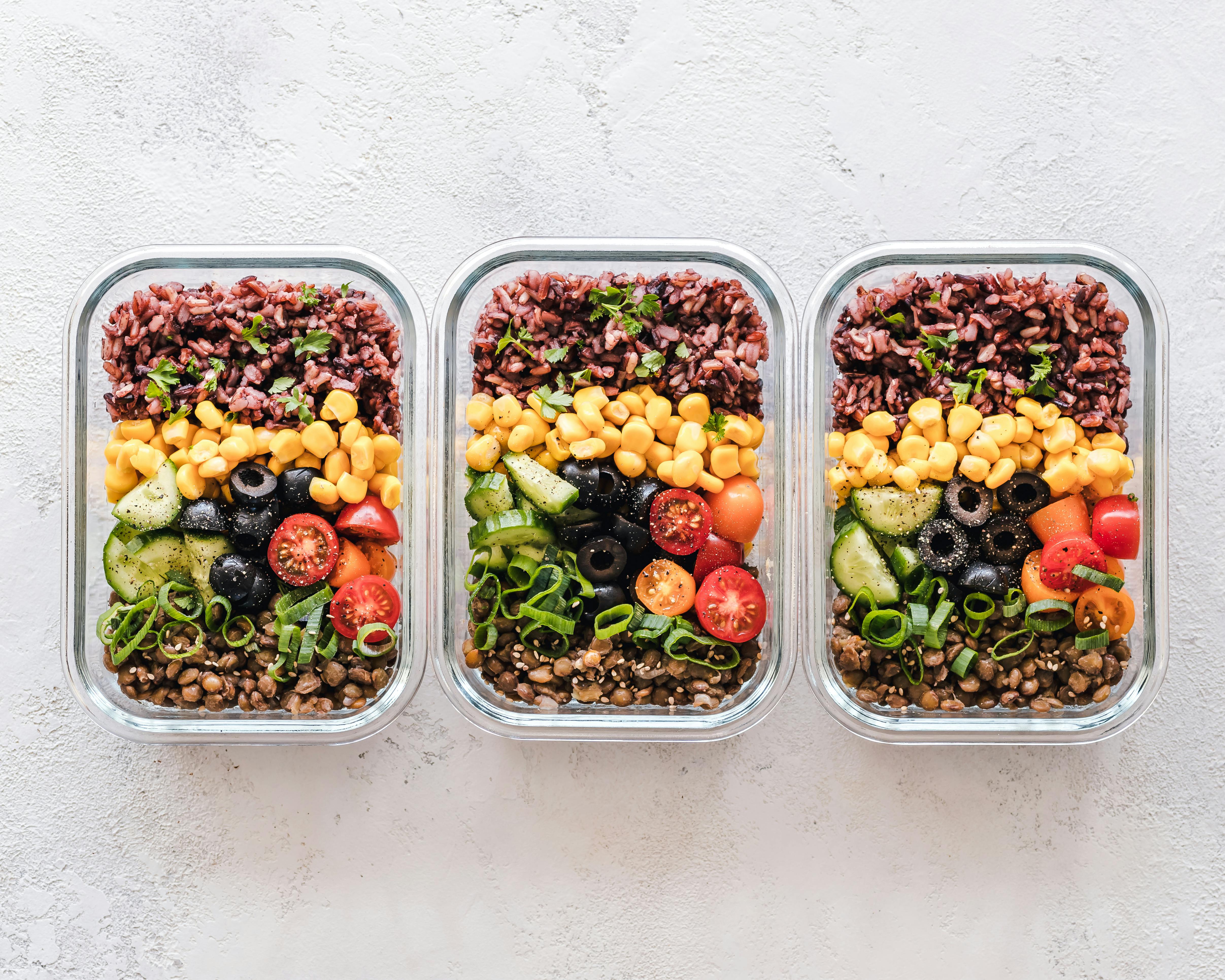
Practical Guide to Endometriosis Diet: 5 Effective Strategies for Modern Living
Endometriosis, a common but often misunderstood condition, can significantly impact women’s health and quality of life. One of the potent ways to manage symptoms is through a thoughtful endometriosis diet. This article will delve into five effective strategies to incorporate nutrition and dietary practices that can help alleviate symptoms associated with endometriosis, enhance hormone balance, and promote overall wellness.
Understanding Endometriosis Nutrition
The foundation of managing endometriosis effectively lies in understanding the right endometriosis nutrition principles. A carefully crafted diet can play a role in reducing inflammation, regulating hormones, and improving digestive health. Emphasizing nutrient-dense foods such as anti-inflammatory foods, fruits and vegetables, and lean protein sources can offer substantial health benefits. For instance, including omega-3 fatty acids found in fish and nuts can mitigate inflammation and potentially lessen pain associated with this condition. Furthermore, choosing whole grains over refined options can provide more fiber and essential minerals, contributing to better digestive health and energy levels.
The Role of Anti-Inflammatory Foods
Anti-inflammatory foods should form a vital part of any endometriosis diet. These foods can help reduce the body’s inflammatory response, which is crucial since endometriosis is characterized by chronic inflammation. Incorporate foods rich in antioxidants, such as berries, green leafy vegetables, and nuts, into daily meals. Not only do these foods combat inflammation, but they also aid in maintaining hormone balance and supporting overall health.
Importance of Healthy Fats
Healthy fats, particularly omega-3 fatty acids, can be profoundly beneficial for those navigating endometriosis. Sources such as fish (like salmon and sardines), flaxseeds, and walnuts are great additions. These fats are essential as they produce anti-inflammatory compounds in the body. In contrast, it’s important to limit omega-6 fatty acids, prevalent in many processed foods. Balancing these fats can lead to improved digestion and reduced pelvic pain.
Meal Preparation and Planning for Endometriosis
Effective meal planning is crucial for successfully managing endometriosis symptoms. Engaging in healthy meal prep can make it easier to maintain a consistent, gluten-free diet if sensitive, and ensure timely nutrient intake. Preparing meals ahead allows for control over ingredients, helping to avoid processed foods and unnecessary sugars. A practical approach is to set aside a day each week to cook and store healthy meals that contain a balance of fiber-rich foods, healthy fats, and lean proteins to eat throughout the week. This not only simplifies mealtimes but also supports balanced meals that cater to individual dietary needs.
Adopting a Gluten-Free and Dairy Alternatives Approach
Many women with endometriosis may experience sensitivity to gluten and dairy. Adopting a gluten-free diet and exploring dairy alternatives can relieve some symptoms. Gluten has been linked to inflammation in some individuals, potentially exacerbating endometriosis symptoms. Likewise, alternatives like almond or oat milk can provide necessary nutrients without inciting discomfort.
Exploring Meal Options
When considering a gluten-free diet, include adequate iron-rich foods, as this deficiency is common among individuals with endometriosis due to heavy menstrual bleeding. Incorporate lentils, beans, tofu, and dark leafy greens into meals. Creating a repertoire of endometriosis-friendly recipes can further energize meal options and ensure adherence to dietary plans. Utilizing gluten-free grains such as quinoa and brown rice can provide the required energy and support gut health.
Celebrating Plant-Based Foods
By incorporating an abundance of fruits and vegetables, particularly cruciferous vegetables like broccoli and kale, its possible to balance hormone levels naturally due to phytonutrients and antioxidants present. These foods also support detoxification processes that can benefit those managing reproductive health.
Stressing Gut Health and Hydration
Focusing on gut health plays a pivotal role in managing endometriosis symptoms. A diet rich in fiber-rich foods and probiotics can foster a healthier gut microbiome, essential for reducing inflammation and enhancing digestion. Fermented foods such as sauerkraut, kimchi, and yogurt can be impactful allies.
The Importance of Hydration
Staying hydrated is critical for digestive health and bodily functions. Aim for at least 8-10 glasses of water daily. Hydration supports overall health and ensures effective metabolic processes, aiding in the management of symptoms associated with endometriosis. Avoiding caffeine may also be beneficial, as it can exacerbate symptoms for some women.
Utilizing Supplements and Natural Remedies
Integrating nutritional therapy with the right dietary supplements can help manage endometriosis. Vitamin D, magnesium, and B vitamins have been noted for their beneficial effects. For personalized recommendations, consulting with a dietitian specializing in endometriosis nutrition may optimize benefits and assist in tailoring a plan that suits personal health needs.
Mindful Eating and Stress Management
Integrating mindfulness into your eating practices can transform the overall relationship with food. Mindful eating encourages being present during meals, which can foster better digestion and satisfaction. Take the time to appreciate flavors and learn to recognize hunger and fullness cues which may encourage healthier portion control.
Setting Meal Timing and Frequency
Consistent meal timing and frequency can help stabilize blood sugar levels and may reduce symptoms. Consider having five to six balanced meals throughout the day instead of the traditional three larger meals. This can aid guilt-free snacking opportunities while limiting the intake of processed foods. Each meal should include a balance of proteins, healthy fats, and complex carbohydrates, maintaining proper portion control.
Managing Stress for Hormonal Balance
Stress can greatly elevate inflammation in the body, directly impacting endometriosis symptoms. Incorporating stress management techniques such as yoga, meditation, or deep-breathing exercises can reduce these impacts and improve gut health. Activities that promote relaxation should be included in daily routines, contributing positively to holistic health.
Key Takeaways
- Focus on an **endometriosis diet** rich in **anti-inflammatory foods** and healthy fats for symptom relief.
- Opt for a **gluten-free diet** if sensitive, and explore **dairy alternatives** to support gut health.
- Engage in proper **hydration** and consume **fiber-rich foods** to maintain digestive health.
- Practice **mindful eating** and manage stress effectively to promote **hormone balance**.
FAQ
1. Can a specific diet really help with endometriosis symptoms?
Yes, a specific diet can significantly help manage symptoms of endometriosis. Incorporating anti-inflammatory foods and managing fiber intake, hydration, and gut health can alleviate discomfort. Consulting with a healthcare provider or a specialist in endometriosis nutrition can provide personalized dietary guidance.
2. Are there specific foods I should avoid if I have endometriosis?
Avoiding processed foods, refined sugars, and excessive intake of omega-6 fatty acids can help alleviate symptoms. Additionally, some individuals find that gluten and dairy exacerbate their condition, so monitoring these food groups may be beneficial for symptom management.
3. How can meal prep assist those with endometriosis?
Meal prep allows individuals to plan ahead, ensuring they have access to healthy, nourishing meals that align with their dietary needs. It reduces the temptation to consume unhealthful snacks and encourages the incorporation of foods beneficial for hormone balance and digestive health.
4. What role do probiotics play in managing endometriosis?
Probiotics can enhance gut health by fostering beneficial bacteria, which can help reduce inflammation in the gut and throughout the body. Including fermented foods in the endometriosis diet is a simple way to incorporate probiotics and improve digestive health.
5. Can hydration really impact endometriosis symptoms?
Absolutely! Staying adequately hydrated is vital for overall health, digestion, and symptom management. Proper hydration helps maintain metabolic functions and can assist in alleviating cycle-related discomfort. Aim for at least 8-10 glasses of water each day to support your health.

